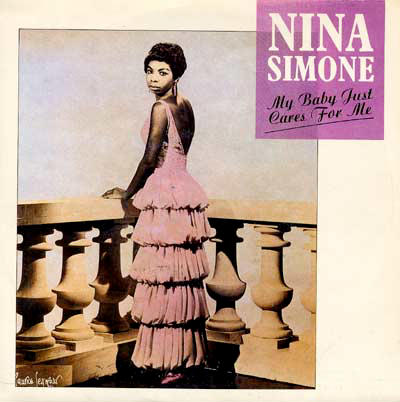 The night is bitter,
The night is bitter,The stars have lost their glitter,
The winds grow colder,
And suddenly you're older
And all because of
The man that got away.
No more his eager call,
The writing's on the wall,
The dreams you dreamed have all
Gone astray.
The man that won you
Has run off and undone you.
That great beginning
Has seen its final inning,
Don't know what happened
It's all a crazy game.
"The Man That Got Away" was a critical number in the film; it's the moment that both leads Garland's character to get discovered as a rising star and foreshadows the alcohol-drenched downfall of her husband and mentor. Unsatisfied with the staging, lighting and costuming, director George Cukor had to scene reshot multiple times, to great expense, to perfect it.
While the movie did not do well, the song endured, and many have since recorded it, including Sinatra, who sang "The Gal That Got Away." Here's Garland in the film, and then a decade later on her television show. Audra Ann McDonald takes it on here in a quiet version.





